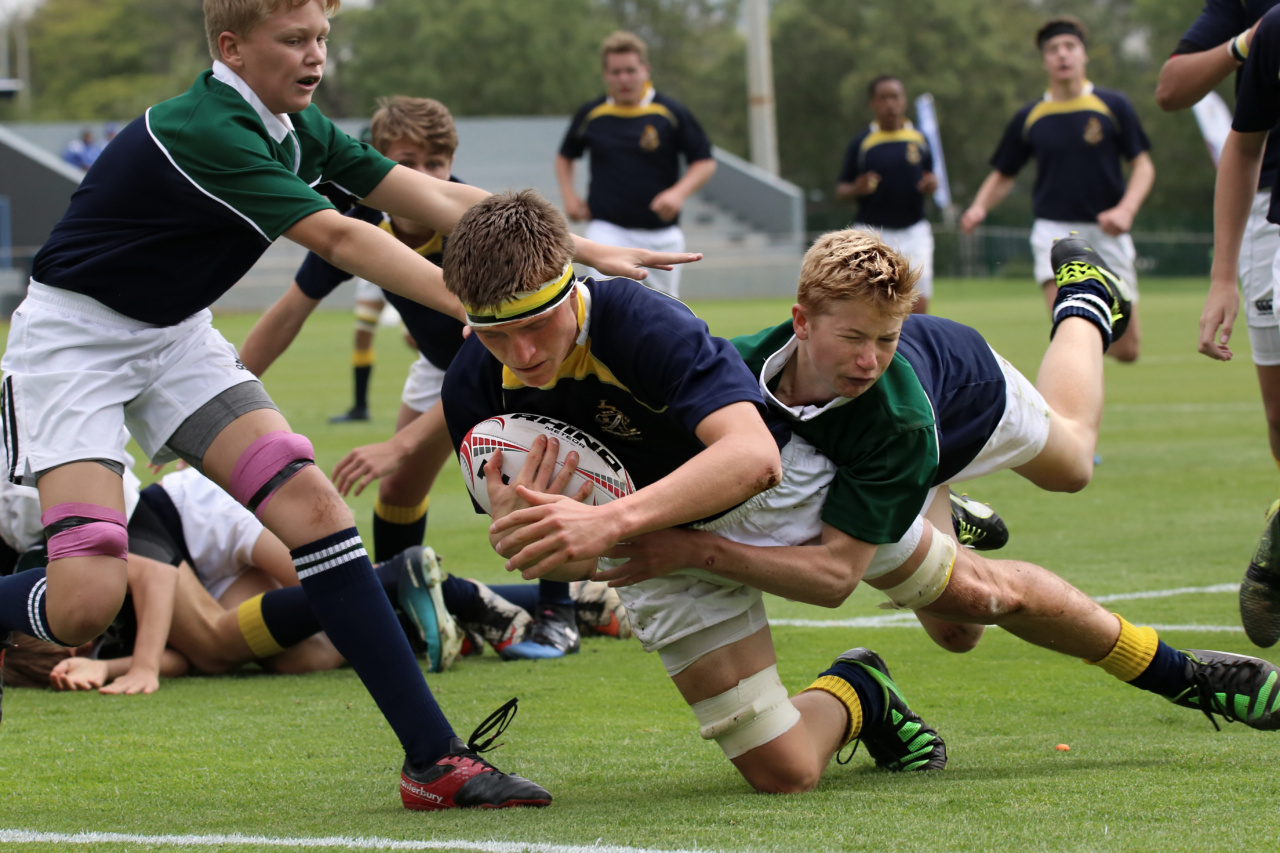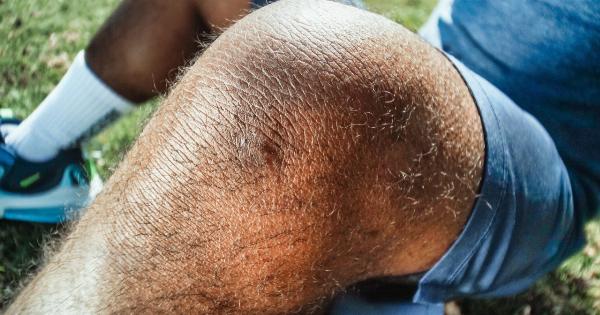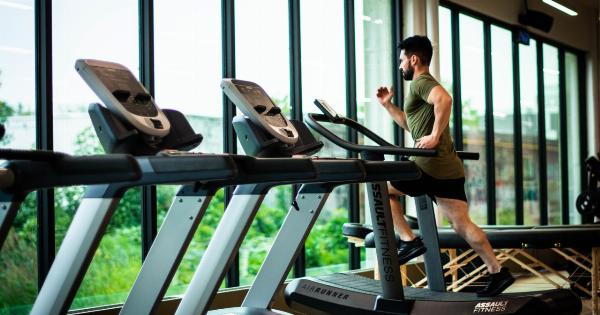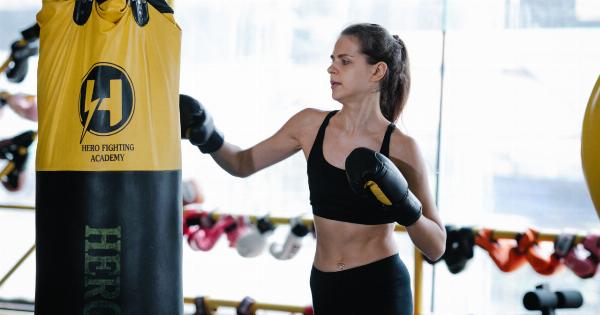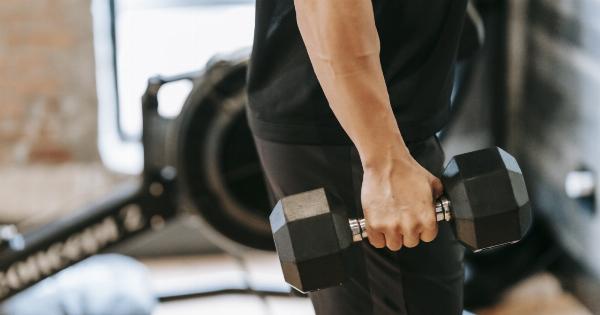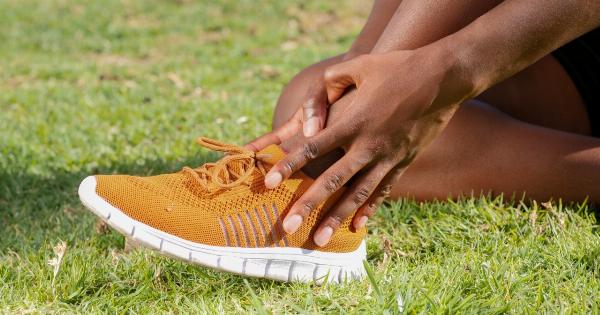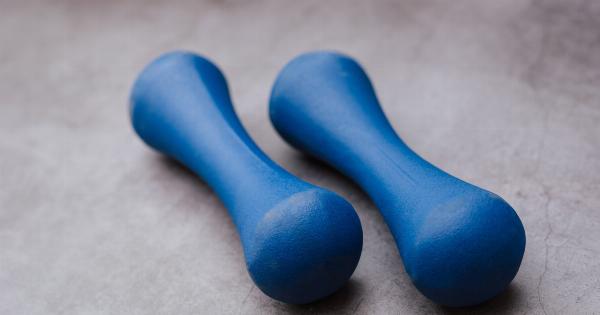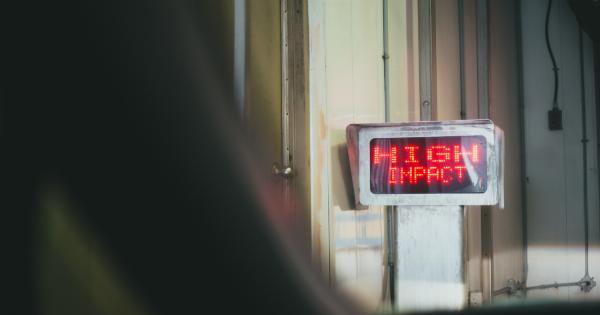Participating in sports and physical activities offers numerous benefits to amateur athletes. Not only does it improve physical fitness and build endurance, but it also enhances mental health, boosts self-confidence, and encourages teamwork.
However, while engaging in athletic pursuits is undoubtedly beneficial, it is crucial for amateur athletes to exercise caution and avoid overexertion. Overexertion occurs when individuals push their bodies beyond their limits, which can lead to various health complications, injuries, and even long-term damage.
This article aims to shed light on the reasons why amateur athletes should be cautious about overexertion and provides guidance on how to prevent it.
The Risks of Overexertion
1. Increased Risk of Injuries:.
When athletes push themselves too hard without allowing sufficient time for rest and recovery, it significantly increases their risk of injuries.
Overexertion can lead to strains, sprains, fractures, and even more severe injuries such as tears in ligaments or tendons. These injuries not only require time to heal but can also have long-term implications if not properly addressed.
2. Fatigue and Burnout:.
Overexertion can quickly lead to physical and mental fatigue. Constantly pushing one’s body beyond its limits without proper rest can result in burnout, which can have detrimental effects on an individual’s performance and motivation.
Fatigue and burnout can also impact an athlete’s overall well-being and quality of life.
3. Declining Performance:.
While it may seem counterintuitive, overexertion can actually hinder an athlete’s performance rather than enhance it.
When the body is pushed to its limits without time to recover, it becomes difficult for athletes to reach their peak performance levels. Continuous overexertion can hamper an athlete’s progress, limiting their ability to improve skills, strength, and stamina.
4. Psychological Impacts:.
Overexertion can also have psychological impacts on amateur athletes. The constant pressure to push harder and achieve better results can lead to increased stress and anxiety.
Additionally, the frustration and disappointment stemming from not being able to perform at the desired level can negatively affect an individual’s mental health and overall enjoyment of the sport.
Preventing Overexertion
1. Gradual Progression:.
One of the most important steps in preventing overexertion is to follow a gradual progression in training. Amateur athletes should start with manageable levels of intensity, duration, and frequency of workouts and gradually increase them over time.
This allows the body to adapt and build strength without being overwhelmed.
2. Proper Rest and Recovery:.
Rest and recovery are equally important as exercise itself. Athletes should ensure they have sufficient rest days in their training schedule. It is during rest periods that the body repairs and rebuilds itself, minimizing the risk of overexertion.
Proper nutrition and sleep are also essential elements of recovery.
3. Listen to the Body:.
Amateur athletes should pay close attention to their bodies and listen to the cues it provides. Pushing through pain or discomfort can aggravate injuries and lead to overexertion.
It is essential to differentiate between normal fatigue and warning signs that indicate potential overexertion or injury.
4. Cross-Train and Vary Workouts:.
Engaging in different types of physical activities and exercises can help prevent overexertion. Cross-training allows the body to work different muscle groups and reduces the likelihood of overusing specific areas of the body.
Variety in workouts not only adds excitement but also helps prevent overuse injuries.
5. Seek Professional Guidance:.
Amateur athletes, especially those new to a particular sport, should consider seeking guidance from professionals, such as coaches, trainers, or sports medicine experts.
Professionals can provide personalized training plans, offer advice on technique, and monitor an athlete’s progress, reducing the risk of overexertion.
Conclusion
While it is essential to challenge oneself and strive for personal athletic goals, amateur athletes must prioritize their health and well-being.
Overexertion can lead to a wide range of physical and mental complications, hindering an individual’s performance and overall enjoyment of the sport. By understanding the risks associated with overexertion and implementing preventive measures, amateur athletes can ensure they continue to reap the many benefits of sports while maintaining a healthy balance.
